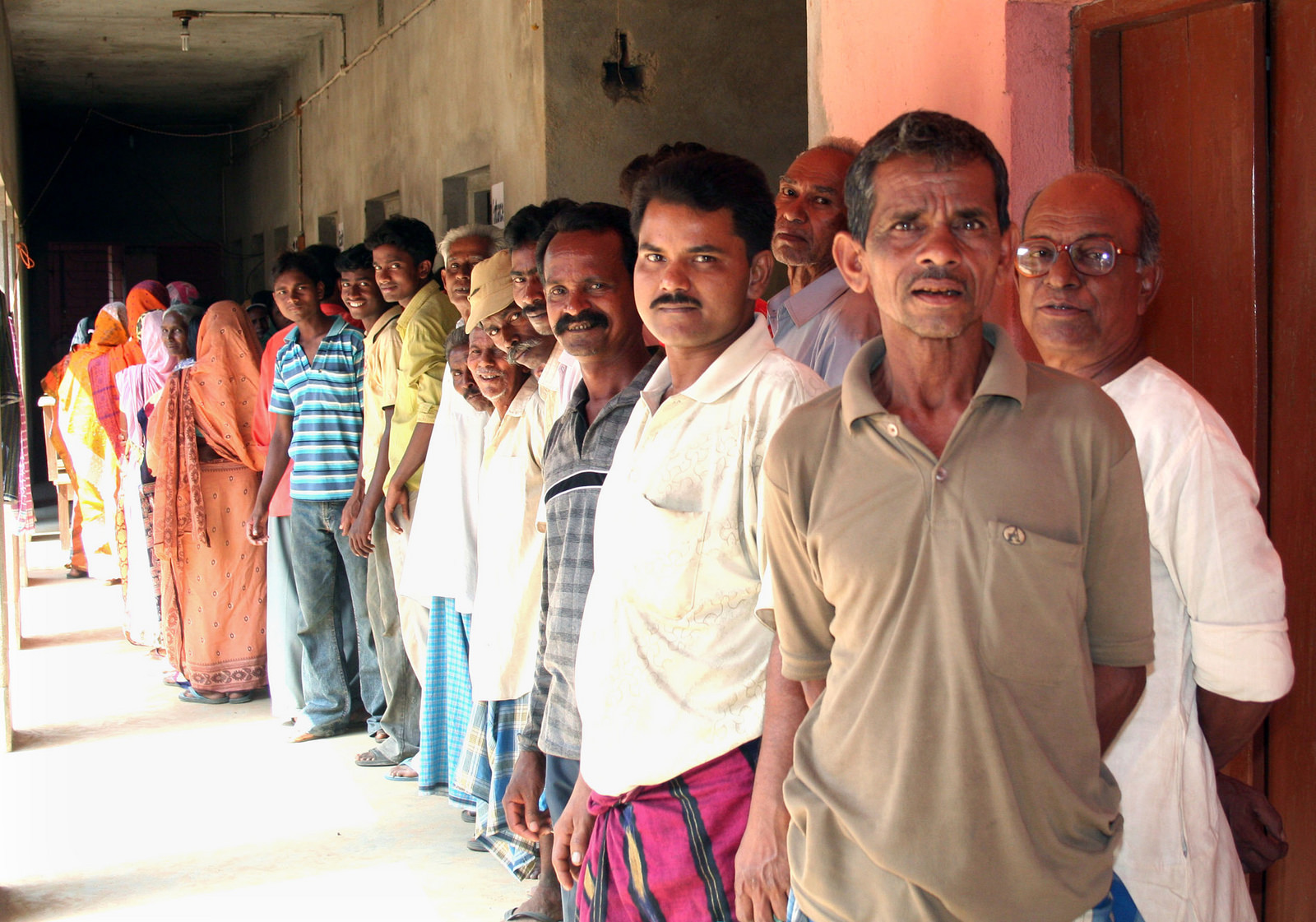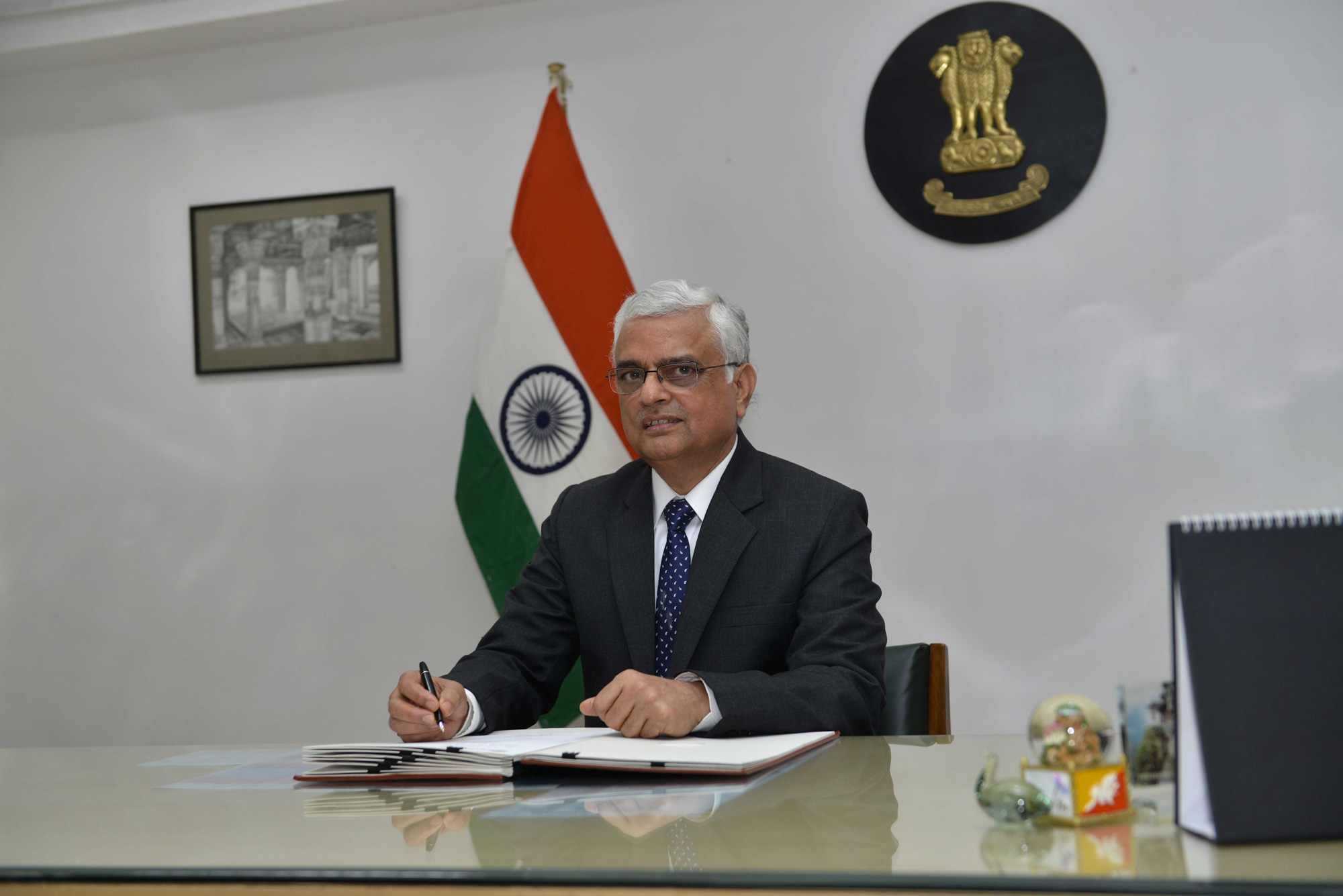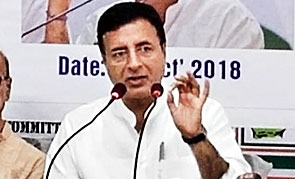The silence surrounding election silence
The concept of this ban has for long rested comfortably behind a central philosophy that voters need a calm environment to deliberate upon their decision. Laden into this philosophy are several assumptions:
- that voters will definitely be influenced by electioneering preceding the ban,
- that voters’ deliberation will definitely be negatively impacted by electioneering during the ban, and
- that giving voters this peaceful period supersedes any violation of freedom of speech as a result.
Internet age
“Cyber troops” are government or political party actors tasked with manipulating public opinion online (Bradshaw & Howard, 2017). Half of Russian Twitter conversations involve highly automated accounts that actively shape online discourses (Sanovich, 2017). A study by Oxford Internet Society in 2018, found evidence of formally organized social media manipulation campaigns in 48 countries, including India.
Election silence functions also on the Internet, meaning that no political agitation must be conducted in the cyberspace. But in reality automated and cyborg accounts are used to trend hashtags and shape narratives. These cannot be considered as the official election campaign (because campaigns are run by the election staff of the candidate), but electioneering led by cyber troops is an attempt to breach the electoral silence without consequences. How do we differentiate between advocates of a party and party karyakartas, when it comes to internet expression? Legally speaking, individual accounts on Facebook advocating for a party are not in breach of Section 126, but the party’s organizational handles would be. The leeway to campaigning through mass broadcasts on personal messaging platforms like Whatsapp or Telegram is altogether ignored in the conversation. What is also ignored is how this statute creates a disparity between less-resourceful and more-resourceful political parties, and leaves independent candidates at an even greater loss. The message to political parties is clear: Strengthen your IT cells or sit indoors for 2 days. No level playing field here.
But even as the EC panel debates on social media sanctions, something to introspect about is: Are our cyber laws strong enough to ensure a fair and ideal environment for election silence? Is fake information in the wake of election silence not a bigger threat than voter confusion as a result of election ‘noise’?
Earlier this year, a panel of the Election Commission of India made a request to Facebook: block all political ads on your platform 48 hours before election polls. Case in point: Revisiting Section 126 of the Representation of People Act, 1951.
In December 2017, when the Election Commission withdrew its notice to Rahul Gandhi against appearance in a TV interview less than 48 hours before Gujarat elections, it asserted that “due to multi-fold expansion of digital and electronic media, the extant Model Code of Conduct… requires revisiting to cater to the requirement and challenges of the present and emerging situations.” In January 2018, an EC panel was formed to look into this. The panel is yet to submit its report.
Election silence on digital media but not on print media, may open doors for exploitation of Section 126, with candidates deliberately causing political agitation through print media at the eleventh hour. If not do away with the ban altogether, the Model Code of Conduct should allow for a specific procedure to guarantee an urgent right to reply on a case-to-case basis, via both digital and print media, even in the period of election silence if the right of reply cannot otherwise be exercised.
Moreover, another question to explore is: Does sudden cork-stopping of all political campaigning 48 hours in advance not leave room for further voter confusion, by denying voters the freedom to demand urgent answers from candidates? For instance, questions demarcated through public will, such as, sudden national circumstances where the party contesting for the State election poll in question also rules at the Centre. Or, new information on the candidate contesting becoming available via an external source. It is important to remember that election silence withholds voters too, under the assumption that voters have no stakes in election matter being disseminated to them. In reality however, it may be a general will amongst voters to demand explanations from candidates under certain pressing circumstances less than 48 hours before a poll, and what is more undemocratic than denying voters the right to demand accountability, regardless of the time?
The Model Code of Conduct has been a pivot of election practices in the Indian democracy. Take for instance the recent controversy this week, about Vasundhara Raje’s announcement of free electricity to farmers in Rajasthan during the announcement of assembly poll dates, which allegedly goes against a model code of conduct provision prohibiting announcements that can be construed as inducement to voters after announcement of poll dates.
As long as we continue to use Section 126 for outright censorship lasting 48 hours, we will never do justice to a truly democratic process of conducting an election. And from this stems the fundamental contradiction to the curious case of election silence: If the ceiling leaks at one end, the whole room gets drenched. If electioneering continues to leak through one mode, it breaks the silence. And disproportionate silence is not protocol, it is violation.
Diksha Bijlani is a former Legislative Assistant to Member of Parliament (LAMP) Fellow, a graduate in Applied Psychology from Gargi College, Delhi University, and a student of Masters in Public Policy at Harvard Kennedy School.
What is election silence?
The day of reflection or the election silence is a ban on political campaigning prior to an election, to give voters a peaceful condition to consider and make a final decision on their vote. During this period, which usually begins just before the voting day and ends after polling ends, no active campaigning by the candidates or political parties is allowed, and television or any digital media cannot carry any election matter.
Many countries operate a period of election silence when polls are open, preventing the holding of public meetings and/or publication of opinion and exit polls. In some countries the period starts shortly before the election: for example, it operates 24 hours beforehand in Singapore (called a “cooling off” day), Bulgaria, Slovenia, Hungary, Croatia, Russia, Albania, and Poland, and from 14:00 hours the day before in Ireland. In India, Section 126 of the Representation of People Act, 1951 mandates a period of 48 hours until the conclusion of the poll for election silence.
Recently (in 2016) the Election Commission proposed an amendment to include “print media” in the ban under Section 126, as currently only digital media comes under election silence. This is proof that our deliberation seems to be treading towards a blanket media ban, rather than relieving the concept of a ban altogether.
But should the fourth pillar of democracy be subject to censorship during an act so democratic as an election? The principle objection to election silence is that the environment achieved as a result of it is not worth the violation of freedom of speech. It isn’t impossible for individual voters to voluntarily disengage with an election campaign and not expose themselves to more electioneering if they personally require a calm environment for deliberation. Turning off news channels on TV, the radio, social media, for two days will do the trick. But the opportunity costs, for both the candidates and the constituents, are bigger when a blanket ban is imposed. The most significant impact of this violation is on the right to reply.
But in lieu of these assumptions, as well as the inevitable e-democracy functioning within the Indian democratic space today, it is necessary to examine the concept of election silence across 3 perspectives: freedom of speech, right to reply, and the internet age.
Freedom of speech
According to Mariusz Zawadzki, journalist and author of the book Brave New Iraq, “If someone tried to impose election silence in America [...] it would raise a general alarm, both on the left and on the right wing, that the person is carrying out an attack on the Sacred First Amendment to the U.S. Constitution, which provides citizens with complete freedom of expression”. In 1992 the Supreme Court in the United States in the case Burson v. Freeman ruled that on the day of voting the conduct of electioneering is only prohibited in the polling station and within a walking distance (100 feet) from it. Other critics argue that such media blackouts are pointless, as even information that is published abroad might still become available to the domestic audience via the internet.
Right to reply
If print media is not yet banned under Section 126, meaning that it can indulge in political campaigning during election silence, it opens up a loophole in law. Let’s say a local daily in Karnataka publishes a serious allegation made by one contesting candidate against the other, a day before the poll. For the sake of context let’s also assume this allegation pertains to the candidate’s suitability for the post, or pertains to anti-incumbency. In this scenario, how do we ensure the accused candidate his right to reply, in due time to undo the damage? The next print of the daily would come on the morning of polling when most people may have left for casting their vote already, giving the reply no sufficient time to disseminate. Under these circumstances, election silence becomes an unfair barricade that allows print media leeway and holds back the fair right to reply.
For a procedural code so sacred to a democratic process, there is a need to revisit the fundamental philosophy behind an important provision it contains: the concept of election silence.













